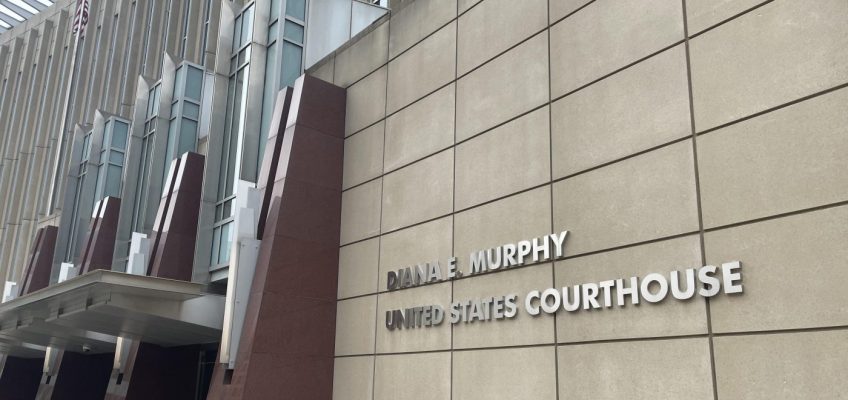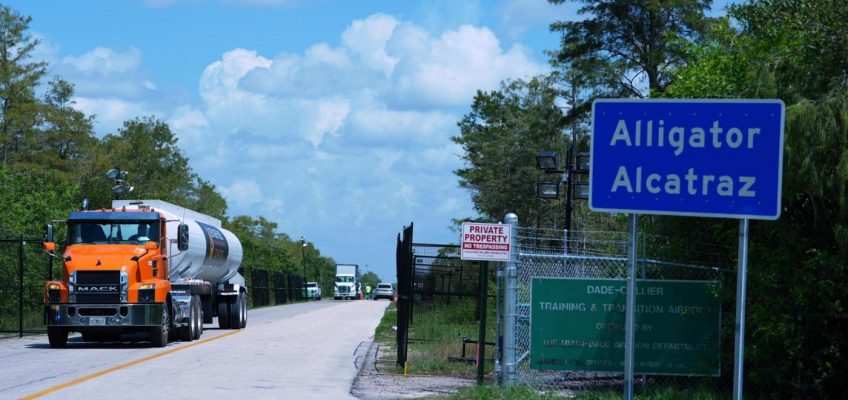A controversial proposal to open a cannabis retail location near the St. Croix Valley Recreation Center in Stillwater goes before the city’s planning commission on Wednesday night.
Nicholas Benson, the owner of the building that houses Brine’s Market at 1754 Washington Ave., has applied for a conditional-use permit to open a licensed adult-use recreational cannabis retail business at that site.
The proposal has upset residents and business owners because of its proximity to the recreation center, The LumberYard Hockey Sports Center and Curio Dance & School.
Lee Erickson, general manager and co-owner of The LumberYard, said he emailed every family on the business’s email list about the proposal and asked them to attend the public hearing. “This is 150 feet from our building,” he wrote. “In our one-block radius is the St. Croix Rec Center, ETS, Curio Dance School and the LumberYard that have thousands of youths using this area. We believe this violates the intent of the city code to distance youth from adult-oriented businesses.”
The proposal is one of three for cannabis retail locations in the city before the planning commission on Wednesday evening. The other two sites are Mango Cannabis, proposed for the former Devil’s Advocate restaurant at 14200 60th St. N., and Hash Browns LLC at Valley Ridge Mall at 1360 Frontage Road W., said Jason Zimmerman, the city’s community development director.
The Stillwater City Council in June approved plans for another cannabis retail location, Silver Therapeutics at 1778 Greeley St. S., but they do not have their license from the state so they cannot open yet, Zimmerman said.
Restrictions and limits
In accordance with state law and city ordinance, Stillwater, population 19,200, is allowed to issue one cannabis business registration per 12,500 residents, as determined by the most recent state demographer’s estimate. The cap on registrations does not apply to a medical cannabis combination business or a lower-potency hemp edible retailer.
The Stillwater City Council on Oct. 7 increased the cap on the number of cannabis retail locations allowed in the city from one to three, Zimmerman said, and there are four parties – as of Wednesday – interested in those three spots.
“There is a lot of interest and a lot of people pursuing applications, and there is a fairly limited area where they can even locate and the council did not want to be picking and choosing,” he said. “They would rather have it open enough to allow the market to decide.”
Yan Chen, landlord and biophysicist, running for St. Paul mayor
St. Paul: I-94 downtown closed from Friday to Monday
Union members protest closure of Ramsey County detox program
St. Paul joins cities’ lawsuit against $100M threat to emergency grants
St. Paul: Meeting to address reports of racist fliers in Merriam Park
The city requires a 1,000-foot separation between retail cannabis dispensaries, including lower potency businesses, Zimmerman said. Other restrictions: they must be 500 feet from any residential treatment facility, 500 feet from a park attraction and 200 feet from any residential use, he said.
The LumberYard and Curio Dance School do not qualify as operations included in the buffer of a cannabis retail operation, he said.
“We are not allowed by state statute to not approve cannabis retail because of their proximity to those sorts of operations,” Zimmerman said. “A private sports club isn’t something that can limit it. Same thing with the dance studio. While people are upset about that, it’s not something that we can legally limit the location of. State statute is very clear about what you can and can’t set your regulations around. Unfortunately for some, the hockey center and the dance studio, that’s not something that we can rule out the retail just because they’re across the street from these locations.”
Recreation center
Erickson argues that the sheer number of children who come to the area for sports and dance should be a factor.
“This one-block radius is probably the biggest hub for youth activities in all of Stillwater,” he said. “Even though we’re not officially a city park or officially a public school, you can’t find any place with more youth wandering around and coming in and training and skating and training for baseball and dance.”
The LumberYard focuses on hockey, but the company leases its space to Stillwater Baseball, Stillwater Youth Hockey, Mahtomedi Youth Hockey, Forest Lake Youth Hockey, ETS Performance and ReadReact Hockey, he said.
“In the summertime, we run our camps and clinics, and we have thousands of kids coming through here at our location,” he said. “Probably 90 percent of our users are kids, basically from kindergarten to eighth grade.”
Erickson said he thinks the St. Croix Valley Recreation Center, which is owned by the city of Stillwater, should qualify as a public park, which would trigger a buffer requirement.
Forest Lake school board member Luke Hagglund to resign — with replacement already picked
Best Burgers 2025: 11 ‘destination’ burgers worth the drive
Obituary: Tom Gunderson, Stillwater bicyclist and coach, dies from bike crash
Stillwater Lift Bridge closes for the season
Washington County: November elections include 9 candidates for South Washington County school board
“It’s not all inside rec activities,” he said. “In the wintertime, they make a huge outdoor ice skating rink on a flat area right outside the doors, and they have an outdoor warming house, and they use that outdoor area in the summer for training. You see kids out there, you know, getting run through different agility type stuff. And so it’s year-round use outdoors. That certainly seems like it would fit the classification of a public park as far as I’m concerned.”
Zimmerman said the city attorney and the Stillwater City Council will likely be asked to weigh in on the matter of the St. Croix Valley Recreation Center.
“Is that a park or is that an indoor facility? How do they want to interpret it?” he said. “It’s possible that that may qualify as a buffer. We have said no, because it’s an indoor facility. It’s not your traditional outdoor playground, but the council and city attorney will probably have to weigh in on that when it gets to the council.”
The matter is expected to go to council on Nov. 5.




